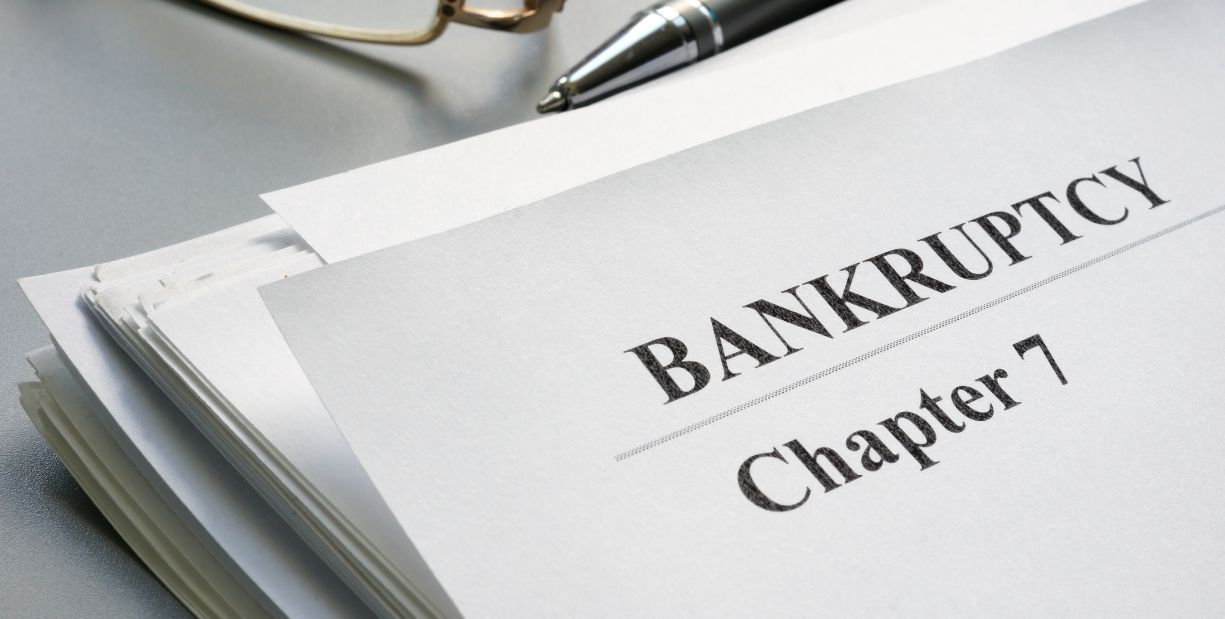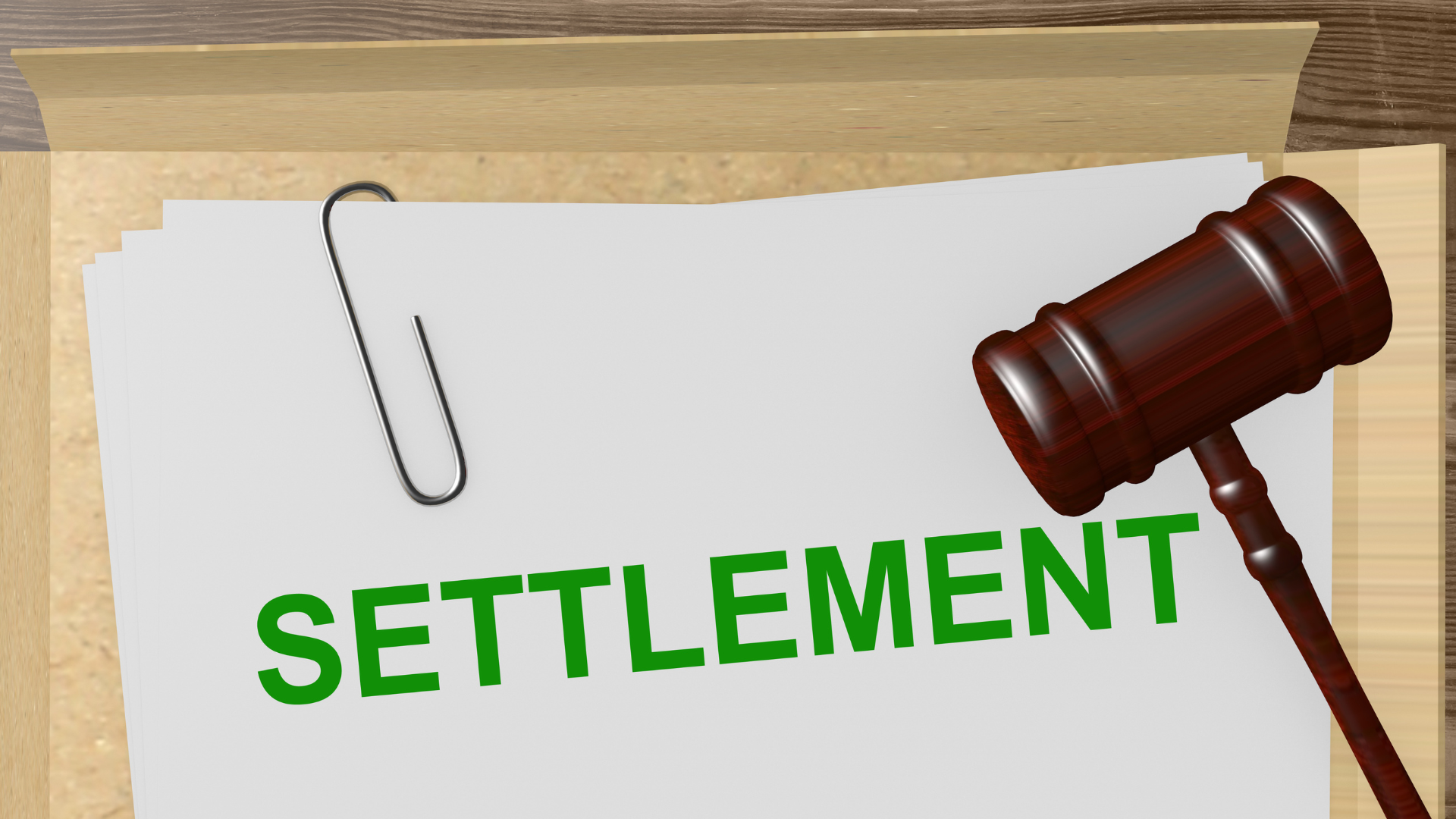How Long After Filing Chapter 13 Bankruptcy Can You Buy a House?
How Long After Filing Chapter 13 Bankruptcy Can You Buy a House?

Filing for Chapter 13 bankruptcy doesn’t mean you’ll never own a home again. In fact, with the right steps, you can qualify for a mortgage during or shortly after your repayment plan—but you’ll need to meet specific conditions and timelines based on the type of loan.
If you’re wondering how long after filing Chapter 13 bankruptcy you can buy a house, this guide from J. Singer Law Group breaks down what lenders look for, how different loan programs treat bankruptcy, and what you can do now to prepare for homeownership.
Can You Buy a House During Chapter 13 Bankruptcy?
Yes, in some cases, it’s possible to buy a house while still in a Chapter 13 plan—but you’ll need:
- Court approval
- A solid reason for purchasing (e.g., relocation, job change, family need)
- A mortgage lender willing to underwrite a loan with an active bankruptcy
That said, it’s far more common (and practical) to wait until you’re at least 12 months into your repayment plan with a record of on-time payments.
Waiting Periods by Loan Type
The timeline for buying a home after filing Chapter 13 depends largely on the type of mortgage you’re applying for. Here’s what most lenders require:
FHA Loans (Federal Housing Administration)
- Eligible 12 months into repayment if you’ve made all payments on time
- Must obtain court approval
- Full discharge not required if buying during the plan
VA Loans (Department of Veterans Affairs)
- Similar to FHA: possible after 12 months of payments
- Must show consistent income and credit rebuilding
- Court approval is also required
Conventional Loans (Fannie Mae / Freddie Mac)
- Must wait 2 years after discharge, or
- 4 years after dismissal if the plan was not completed
USDA Loans
- Typically require 1–3 years after discharge, depending on lender guidelines
Timeline Overview
| Loan Type | When You Can Apply |
|---|---|
| FHA | After 12 on-time payments (with court approval) |
| VA | After 12 on-time payments (with court approval) |
| Conventional | 2 years after discharge or 4 after dismissal |
| USDA | 1–3 years after discharge |
How to Improve Your Chances of Getting Approved
Whether you're mid-plan or post-discharge, lenders will want to see that you’ve taken steps to rebuild your finances and demonstrate stability.
1. Make On-Time Payments
Missing a Chapter 13 plan payment can hurt your chances significantly. Stick to the plan and document every payment.
2. Rebuild Your Credit
Use secured credit cards or small installment loans to improve your credit score and demonstrate responsible use.
3. Save for a Down Payment
While FHA and VA loans allow lower down payments, having cash on hand improves your approval odds and may help secure better terms.
4. Keep Debt Low
Avoid taking on new debt unless necessary. A low debt-to-income ratio is key to qualifying for a mortgage.
5. Work with the Right Lender
Some lenders specialize in working with borrowers who’ve gone through bankruptcy. These lenders will be more familiar with the required documentation and court procedures.
What Documents Will You Need?
If you're applying for a mortgage while still in your Chapter 13 plan, you'll likely need:
- Court approval letter
- Chapter 13 payment history from the trustee
- Explanation letter for your bankruptcy filing
- Recent credit reports and income documentation
Having a bankruptcy attorney on your side can help gather the correct forms and coordinate with the court to obtain timely approvals.
Should You Wait Until Chapter 13 Is Over?
While it’s possible to buy a home before discharge, there are benefits to waiting:
- No court involvement needed once the case is closed
- Higher credit score if you've taken time to rebuild
- Lower interest rates due to improved credit and debt profile
- Fewer lender restrictions with a completed bankruptcy case
How J. Singer Law Group Helps Clients Transition from Bankruptcy to Homeownership
At J. Singer Law Group, we don’t just help clients file Chapter 13 bankruptcy—we help them plan for life after bankruptcy.
If your goal is to buy a home, we can:
- Advise on the right time to start the mortgage process
- Assist in obtaining court approval for a loan during your repayment plan
Connect you with bankruptcy-friendly lenders - Protect your credit report and ensure proper discharge reporting
- Help you modify your Chapter 13 plan if buying a home is a priority
We’ve guided countless New Yorkers from financial hardship to full recovery, including achieving homeownership after bankruptcy.
Frequently Asked Questions (FAQ)
1. Can I buy a house while still in Chapter 13 bankruptcy?
Yes, with court approval and after making at least 12 on-time plan payments. FHA and VA loans may be available at this point.
2. How long after Chapter 13 discharge can I buy a house?
You can apply for an FHA or VA loan immediately after discharge. Conventional loans typically require a 2-year waiting period after discharge.
3. Will filing Chapter 13 ruin my chances of getting a mortgage?
No. While it may delay homeownership, many borrowers qualify for mortgages within 1–3 years of filing, especially with FHA or VA programs.
4. Do I need court permission to get a mortgage during Chapter 13?
Yes. Any new credit—including a home loan—requires approval from the bankruptcy court and trustee while your repayment plan is active.
5. Can J. Singer Law Group help me buy a house after bankruptcy?
Absolutely. We provide legal support throughout the Chapter 13 process and help clients prepare financially and legally for homeownership after filing.
Final Thoughts
Filing Chapter 13 bankruptcy in NY doesn’t disqualify you from ever owning a home. In fact, with discipline, smart credit rebuilding, and the right legal support, you may be able to buy a house within just 1 to 2 years.
If you’re considering Chapter 13 or are already in a repayment plan and want to plan for homeownership, J. Singer Law Group is here to help. From filing your petition to preparing your mortgage application, we’ll guide you every step of the way.
Contact us today to schedule a consultation and take control of your financial future—with homeownership on the horizon.











